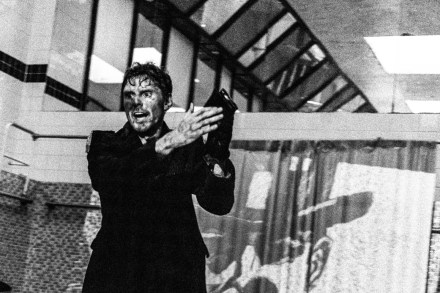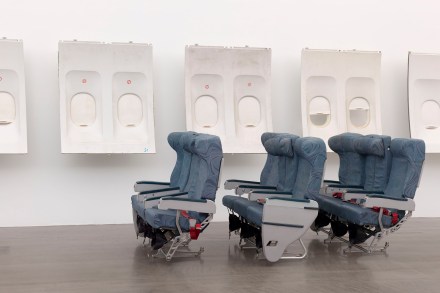Not even a genius could make Much Ado About Nothing funny
TheatreThe RSC’s 2014 version of Much Ado is breathtaking to look at. Sets, lighting and costumes are exquisitely done, even if the location is not established with absolute clarity. The date is Christmas 1918 and we’re in a stately home that has been converted into a billet, or a hospital, for returning soldiers. The prickly






























